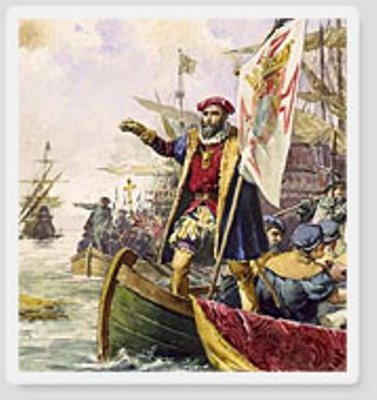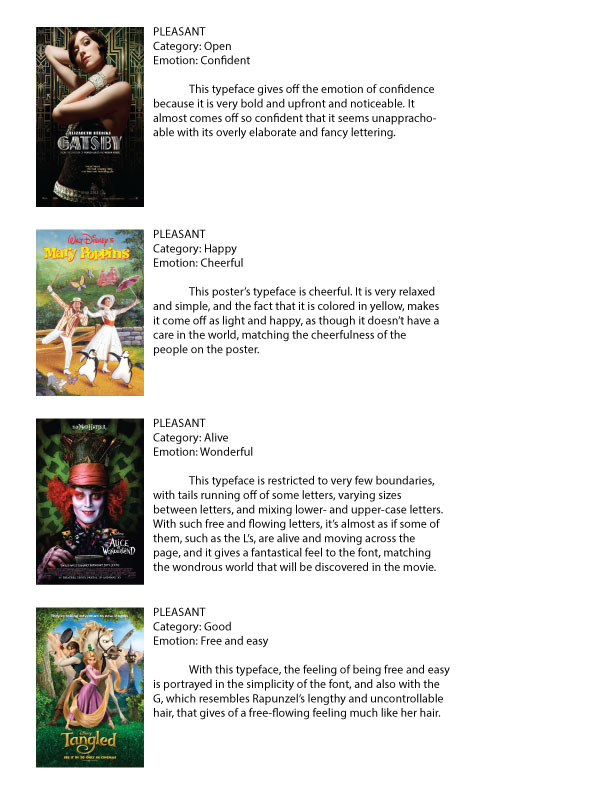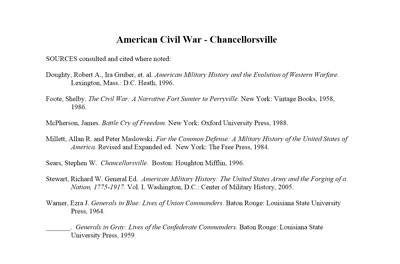Francis Bacon's Classic Essay of Studies - ThoughtCo.
Bacon is simple, natural and straightforward in his essay though Elizabethan colour is also found in “OF TRUTH” because there is a moderate use of Latinism in the essay. Economy of words is found in the essay not alone, but syntactic brevity is also obvious in this essay.Play Quiz. Introduction. Francis Bacon was a prose writer of renaissance age, a great philosopher and pioneer of scientific thoughts. He had set some goals. Style of Writing. Play Quiz.Francis Bacon's Essays (Remember that these essays are searchable for key words). To the Duke of Buckingham; Of Truth; Of Death; Of Unity in Religions; Of Revenge; Of Adversity.
Harvard Classics, Vol. 3, Part 1. Essays, Civil and Moral. Francis Bacon. Whether turning a phrase or observing the politics of the day the father of the scientific method also took his place with Essays as the master of English prose.Bacon, Francis. “Of Truth.” The Essays of Francis Bacon. Ed. Mary Augusta Scott, PhD. New York: Scribner’s, 1908. PDF file. 1 Pilate: reference to the judgment of Christ in the New Testament (notice Bacon closes his argument with an allusion to Christ as well).

Bacon assumes that his audience will be familiar with a wide cast of classical and medieval figures and regularly employs them as examples to illustrate his points. Another common factor for Essays.












